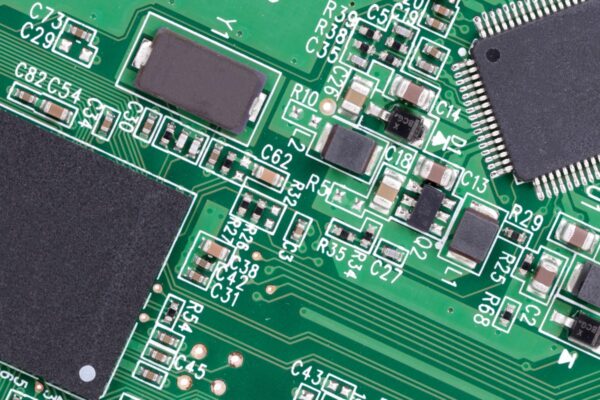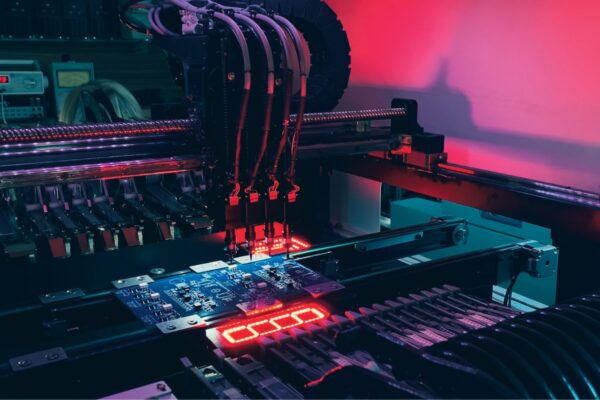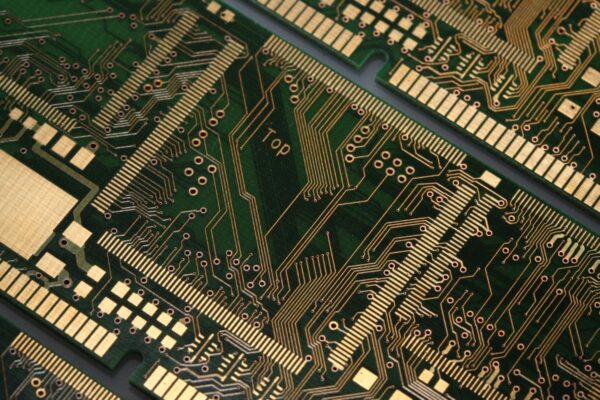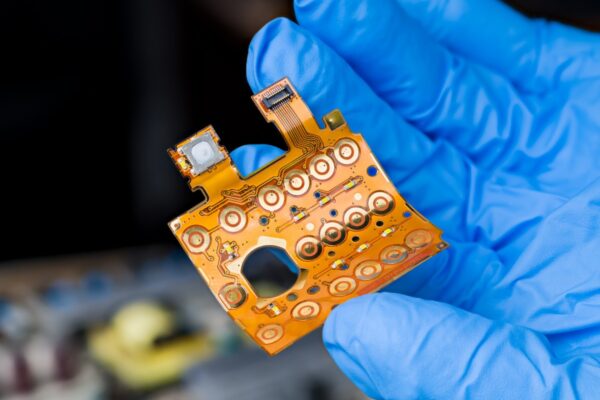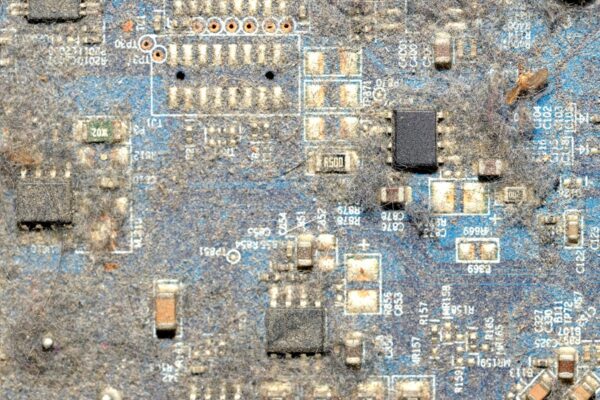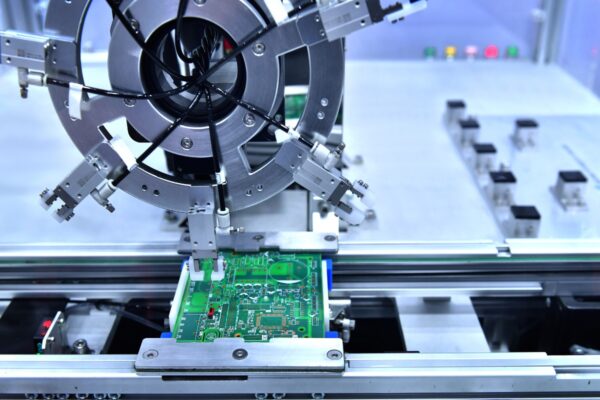What is Liquid Photo-Imageable (LPI)
Liquid photo-imageable (LPI) is a liquid ink composed of two components, typically polymers and solvents, that is applied to circuit boards. The purpose of LPI solder mask is to provide a thin coating that covers specific areas of the circuit board, protecting them from solder or other finishes during the manufacturing process.
LPI inks are sensitive to UV light. Unlike traditional epoxy inks that are applied using a screen, LPI inks undergo a process called photolithography or laser direct imaging. This involves exposing the LPI solder mask to a UV light source, which causes the ink to harden and form a protective layer on the PCB surface.
LPI solder mask is often integrated with other surface finishes, such as Immersion Gold and Hot Air Solder Levelling (HASL), to enhance the overall performance and reliability of the PCB. It is crucial to apply LPI solder masks in a clean environment free of particles to ensure a smooth and defect-free application that does not compromise the functionality of the PCB.
